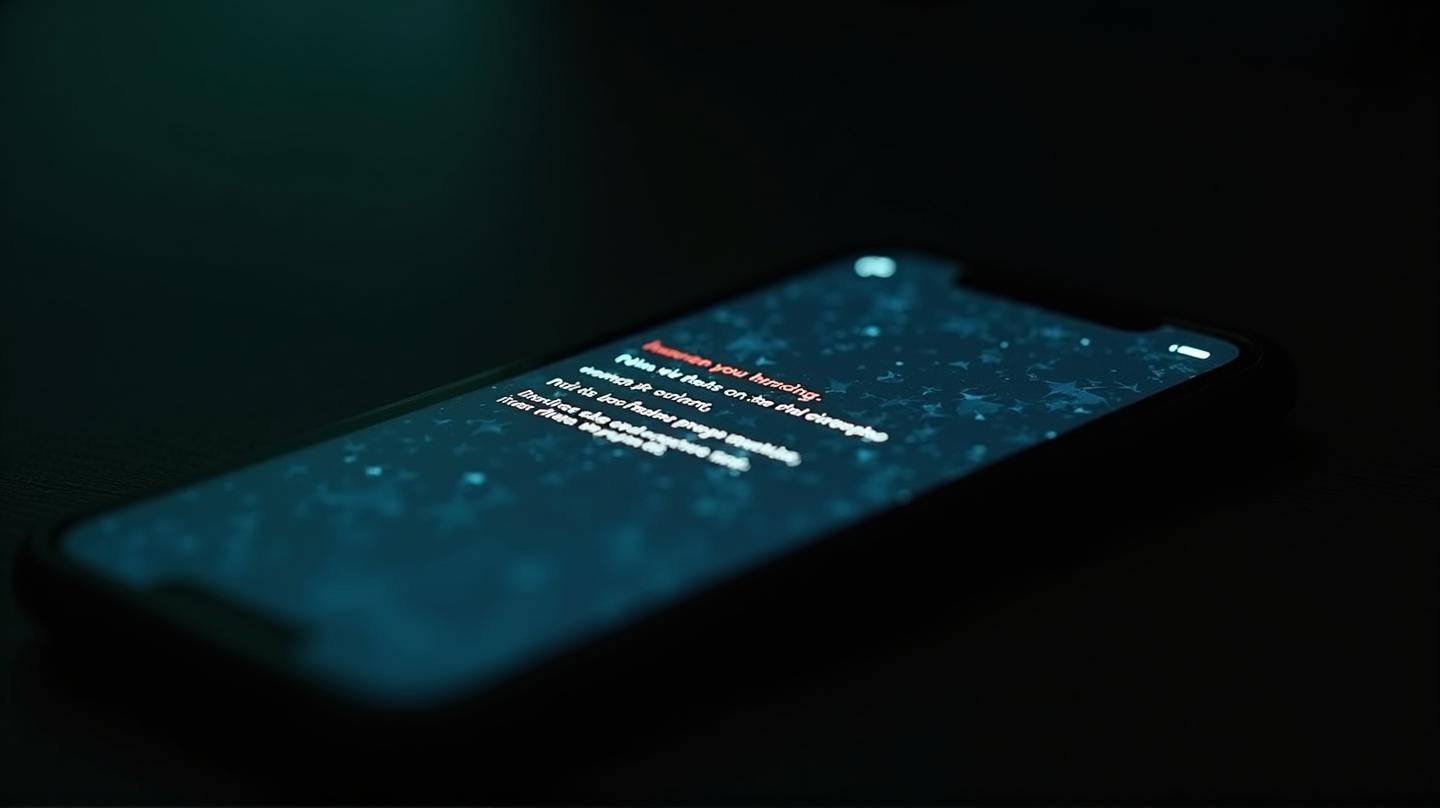The Federal Bureau of Investigation (FBI) is sounding the alarm on a rapidly evolving scam targeting iPhone and Android users. As technology integrates seamlessly into daily life, the bad actors are also mastering ways to prey on unsuspecting individuals. This time, they have turned to text and email as their tools of deception, impersonating legitimate health insurers.
Unmasking the Impersonation
In a recent alert, the FBI exposed a deceitful scheme where criminals masquerade as authentic health insurers and their investigative teams. These messages, ingeniously crafted, appear legitimate and attempt to coax victims into divulging sensitive information like health records, financial details, or unwarranted reimbursements.
It’s crucial for the public to be skeptical of unsolicited communications that push for personal details or contain unknown links. Remember, these scams thrive on urgency and panic, exploiting their victims’ trustful nature.
Shielding Yourself from Scams
Protection against these scams involves a mix of skepticism and cybersecurity practice. Always verify the legitimacy of communications by contacting your health insurance provider directly. Also, implementing secure passwords and activating multi-factor authentication adds a protective barrier against potential breaches. Regular updates of operating systems and reliable antivirus software are your first line of defense.
If you suspect that you’ve been targeted by this scam, it’s imperative to act swiftly. Reach out to your local FBI Field Office or the Internet Crime Complaint Center at ic3.gov. Reporting such instances not only aids in your protection but also shields the wider community from harm.
Broader Implications: Stay Informed
The FBI’s advisory is a stark reminder of the ongoing battle between law enforcement and cybercriminal networks. As technology advances, so does the sophistication of digital deception. They’re constantly probing for vulnerabilities, and vigilance is your greatest weapon.
According to SILive.com, maintaining cyber hygiene is not just recommended; it’s essential in the contemporary digital landscape. The next time an unexpected message pops up on your screen, remember this warning and proceed with caution. After all, your defense starts at your fingertips.
